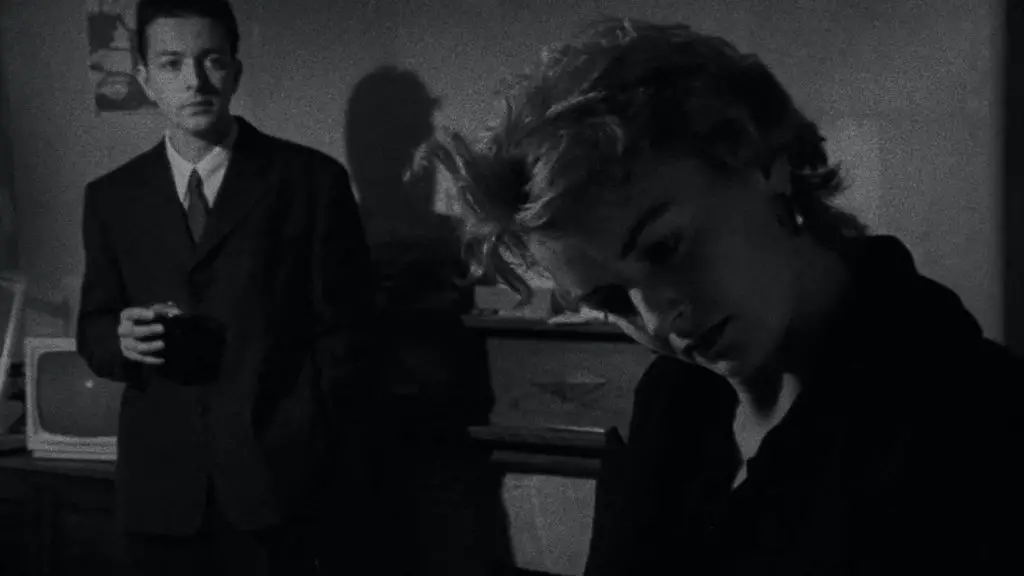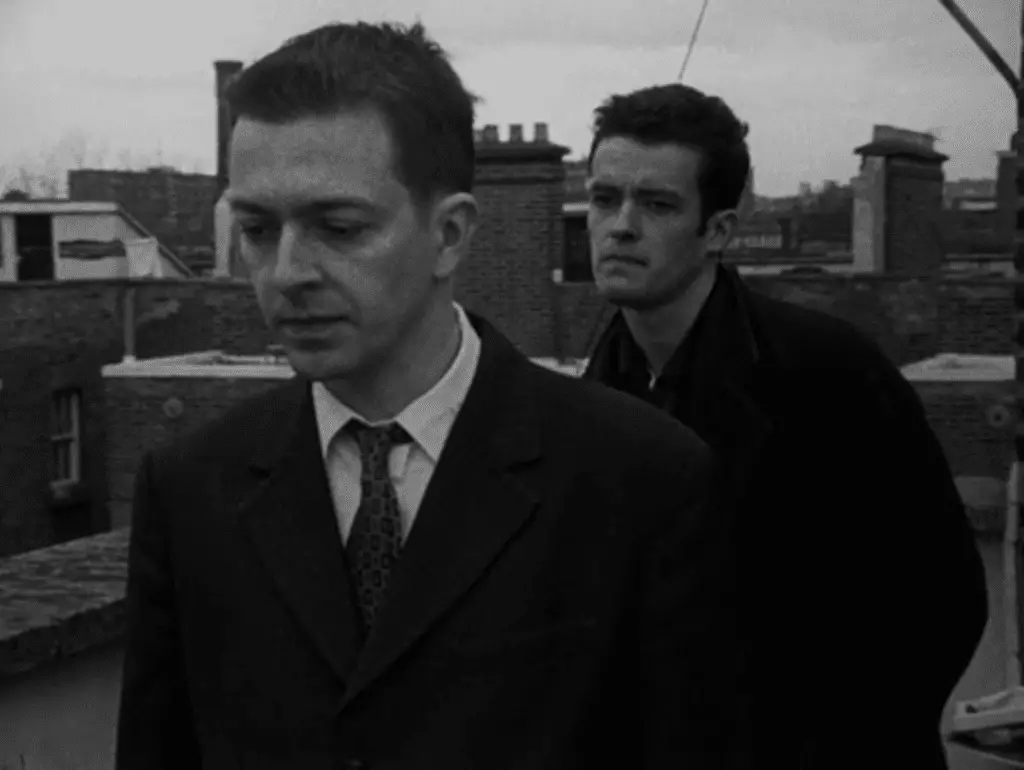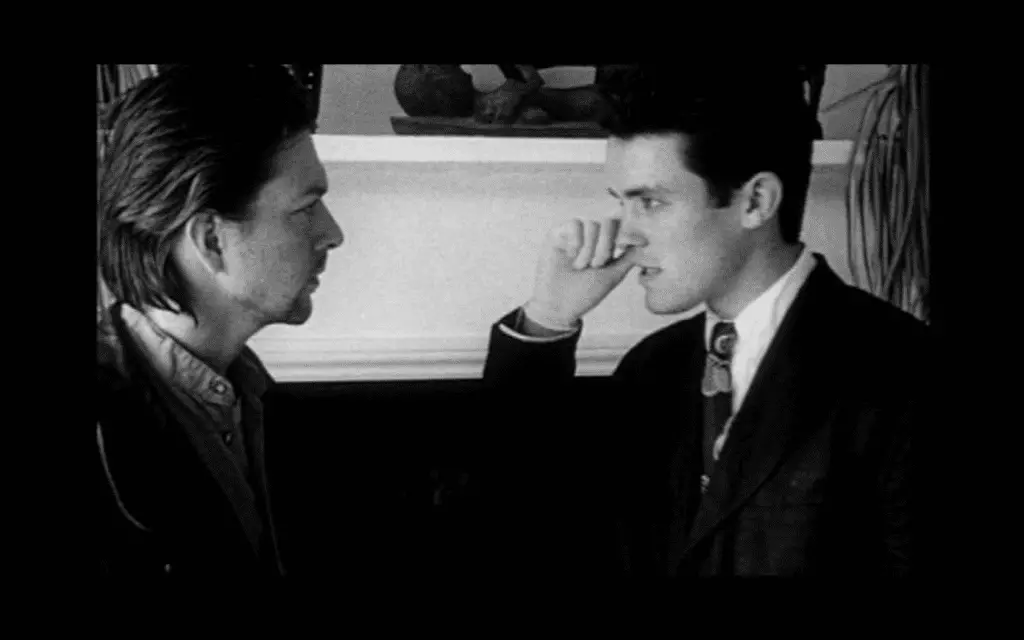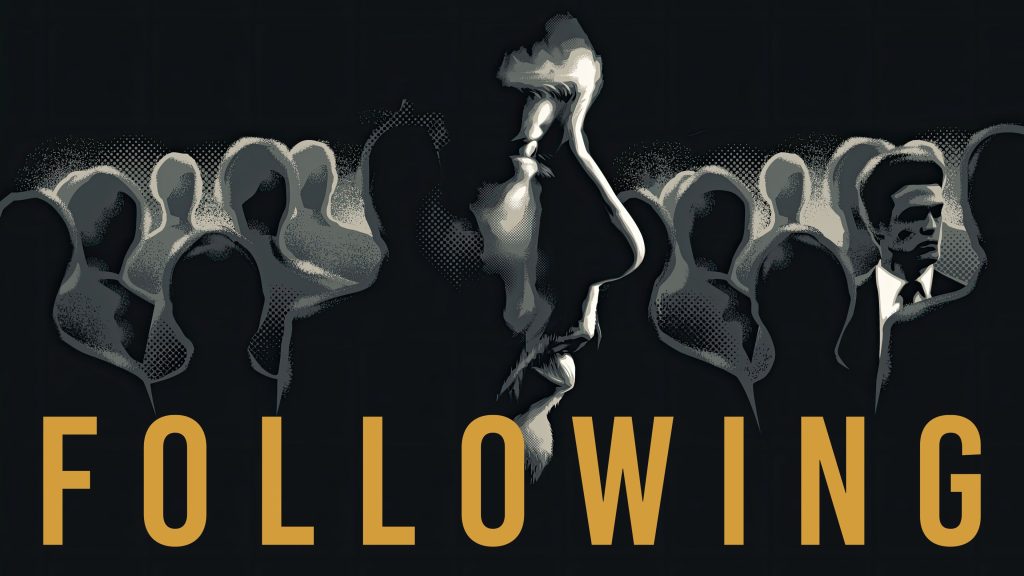With the thunderous applause greeting Christopher Nolan’s latest film, Oppenheimer, it’s safe to claim that Nolan is arguably the current apex predator in the directing world. No other director at this time can secure colossal budgets for films that aren’t founded on previously existing franchises. Nolan’s unwavering commitment to his novel concepts plays a pivotal role in his ability to shape such grandiose visions of enormity and significance. Nolan has deftly forged himself into a brand, the ethos of which can be summarized as “crafting intellectual blockbusters.” Though other directors attempt to integrate profound themes into their tentpole features, Nolan places such ideas front and center. Known for his obsession with time and the illusions we maintain for survival, Nolan’s films have managed to satisfy the masses while maintaining a sophisticated intellectualism.
Essential Viewing for the Nolan Enthusiast: ‘Following’

What sets apart Nolan’s debut feature, Following, is the film’s persistence in returning to themes he would later explore in more depth in his filmography. The fact that Nolan stays consistent with his themes even as the budgets for his films have expanded, courtesy of smash hits like The Dark Knight and Inception, is encouraging. Nolan’s fascination lies in the intersection of time and identity. By destabilizing his audience from conventional chronology, he more effectively exposes his characters’ fears and vulnerabilities. Nolan views time as a malleable entity that can be warped to elucidate the story of a shattered man who, through his destruction, either falls prey to his ego or finds a sort of acceptance that allows him to carry on.
An Insight into ‘Following’

Following, released in 1998, epitomizes the independent movie. Aware of his scarce budget, Nolan intentionally built the movie with this limitation in mind. The plot tracks The Young Man (Jeremy Theobald), an aspiring writer who fills his days following strangers to witness the trajectory of their lives. His seemingly innocuous hobby boomerangs back when he crosses paths with Cobb (Alex Haw), a criminal who adopts The Young Man. Cobb, a voyeur in his own right, wreaks havoc on his victims’ lives, showing them what they possess by taking it away. The Young Man is drawn to Cobb’s twisted teachings, particularly when they introduce him to The Blonde (Lucy Russell), a classic femme fatale entangled with a crime boss (Dick Bradsell).
The film, featuring a framing device that involves The Young Man and The Policeman (John Nolan), leaps between three different time frames depicting the initial stages of The Young Man’s journey, his attempt to mimic Cobb’s icy detachment and control, and the realization that he’s been made a pawn, struggling to comprehend his fall. Nolan’s meticulous attention to detail makes it possible for the audience to distinguish between these timeframes based on The Young Man’s look, despite the film’s consistent black-and-white presentation.
This attention to detail pervades Following and contributes to its unexpected success, especially considering it’s Nolan’s maiden feature. In his commentary track, Nolan acknowledges his financial constraints, and explains how every decision made in the script and direction aimed to conceal the lack of funds. The use of black-and-white was not merely a cost-saving measure, but a deliberate choice due to lighting limitations, allowing for a more controlled image.
The Reiteration of ‘Following’s Themes in Nolan’s Subsequent Films

Manipulating time not only keeps the narrative engaging but also reveals a comforting lie, a motif Nolan later returns to in Memento, The Prestige, The Dark Knight, Inception, and Dunkirk. Following’s cunning, harshly humorous twist is that the main character, a writer, fails to recognize that he’s the one being narrated. The film emerges as a kind of manifesto against thoughtless voyeurism. The Young Man’s preoccupation lies more with the act of following than the potential outcomes. Despite using his writing as a justification, he never actually writes. Instead, he rapidly becomes a puppet in Cobb’s grand scheme.
Although Cobb plays the villain, Nolan’s admiration for the character is evident. Not only is he refined and stylish, but also a creator. While The Young Man merely fantasizes about creation, Cobb actively shapes his life and those of others. His knack for spinning narratives ranges from making a couple suspect infidelity to directing suspicion and blame towards The Young Man. The scene where Cobb disappears into the crowd at the end of Following, leaving The Young Man to take the fall, has a dark yet victorious undertone. Cobb remains unscathed because he directs the story rather than being subject to it.
This glorification of control resurfaces throughout Nolan’s movies, with any loss or misconception of control seen as a sign of weakness. Characters in Nolan’s films seldom surrender to unpredictability and often resist chaos. Even a character like The Joker, who introduces himself as an “agent of chaos”, is a strategic planner always a step ahead of the heroes. It wasn’t until 2017’s Dunkirk that survival itself is depicted as a form of defiance against the bounds of control. While Nolan has gradually learned to appreciate the act of letting go (evidenced in Interstellar), in Following, this becomes The Young Man’s undoing. He believes he has control through following, but in reality, he lacks any control whatsoever, as he is, by definition, a follower, not a leader.
The clarity of Nolan’s ideas from his first film is impressive. While some may argue that his growth beyond these ideas has been slow, these concepts provide the bedrock for his entire filmography. Despite common plot points such as “dead wives”, every Nolan film feels distinct even if they revolve around time, identity, and control. The treatment of similar themes in Following and The Prestige is so different that one would never confuse the two. While this is partially due to Nolan’s growth as a filmmaker and increased budgets, it never feels as though he’s creating the same masterpiece on larger canvasses. Instead, these concepts act as Nolan’s launching pad, from which he builds out his narratives. These themes of noir, time, identity, and control, first explored in Following, would continue to be developed in Nolan’s subsequent breakthrough works.


